
I have a problem with suffering. I am sure you do also. A couple of years ago I experienced some of the worst pain in my life and I ended up in hospital. I knew the medical reasons why I was suffering but that didn’t make it any easier. If God wasn’t going to answer my prayer and take the pain away, I wanted to die. When the pain had gone I changed my mind. We struggle to keep their faith when confronted with pain or illness or death.
The problem of suffering is therefore a question we have something in common with our friends. The answer to our question should therefore help them as much as ourselves. For some it is an intellectual and theoretical question about the existence of God and problem of evil. For others it is a present and personal experience. The answer we give will greatly depend on the context. Our culture finds the issue of suffering a huge problem. The presence of pain and evil in the world leads many to question the existence of God. David Hume, the philosopher put it like this:
“Is he willing to prevent evil, but not able? then he is impotent. Is he able, but not willing? then he is malevolent. Is he both able and willing? whence then is evil?” (David Hulme)
Here is how C.S. Lewis framed the dilemma,
‘If God were good, He would wish to make His creatures perfectly happy, and if God were almighty, He would be able to do what He wished. But the creatures are not happy. Therefore God lacks either goodness, or power, or both. This is the problem of pain in its simplest form.’ (C. S. Lewis, The Problem of Pain)

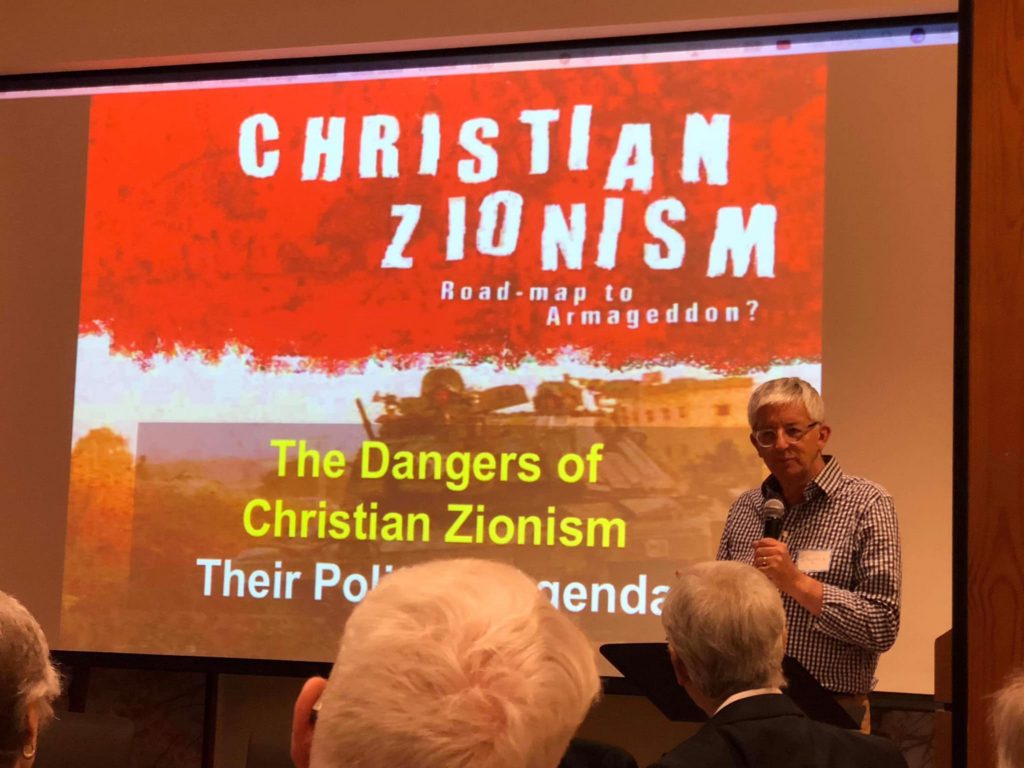

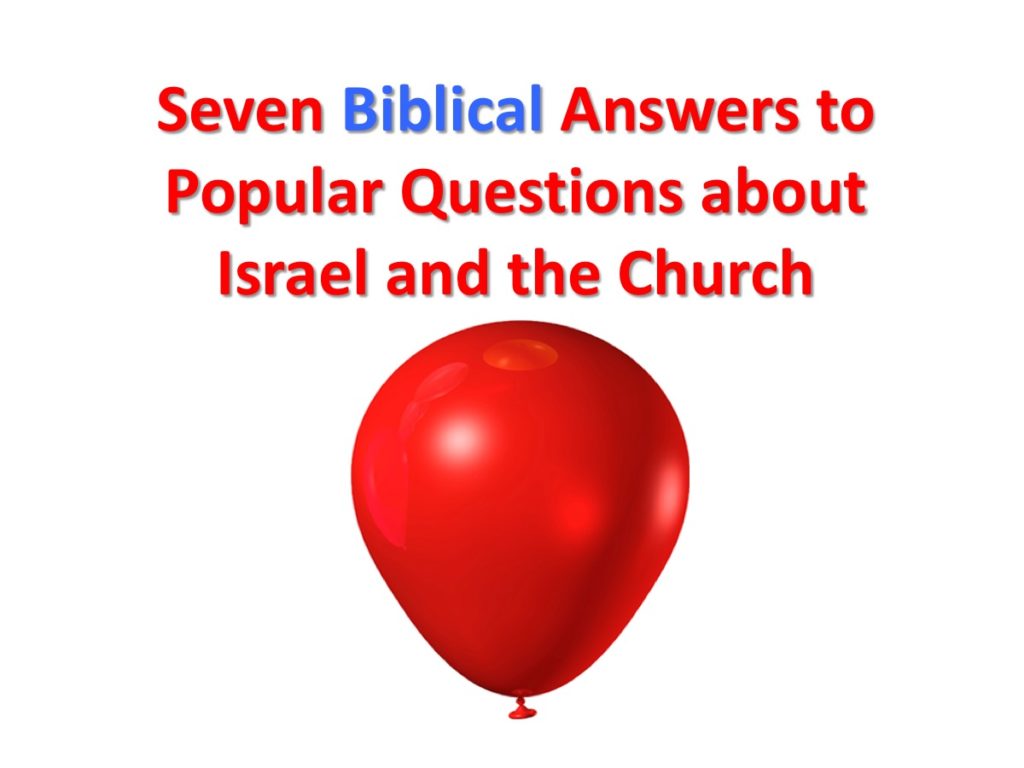
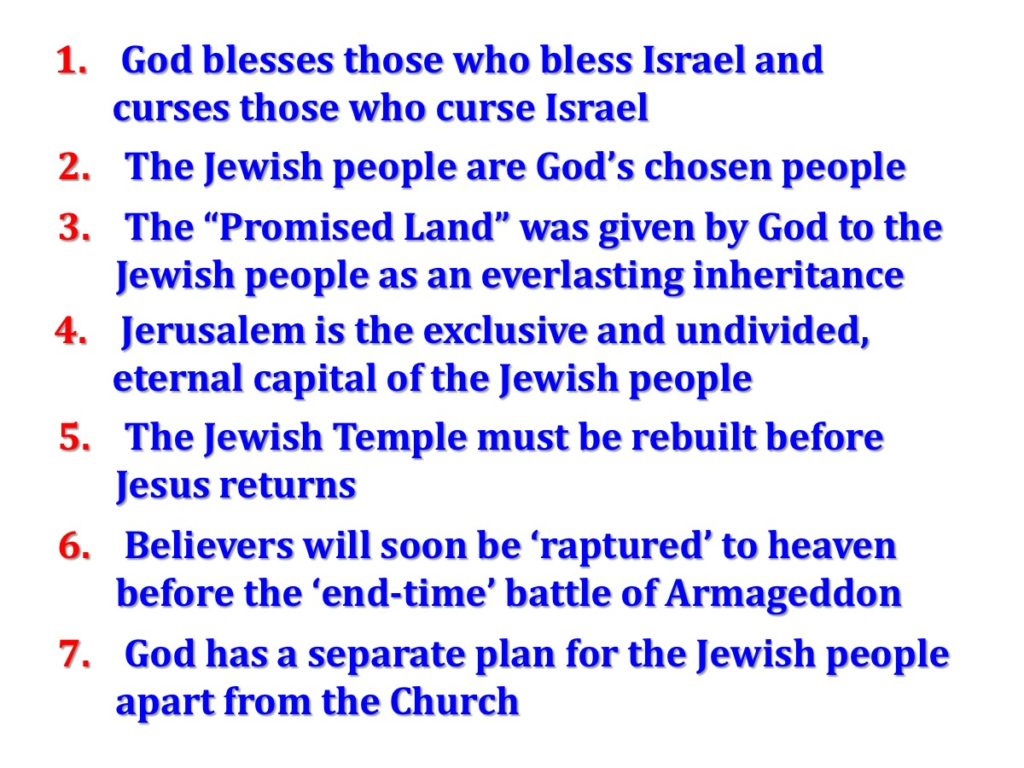
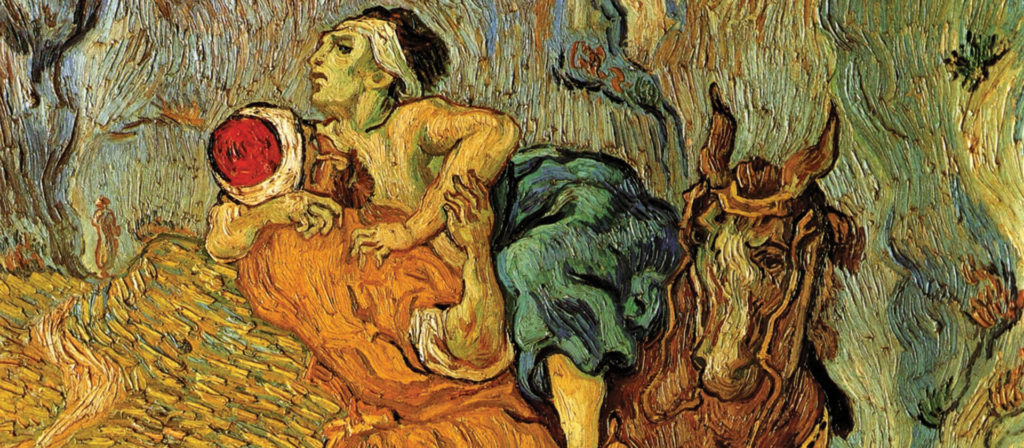


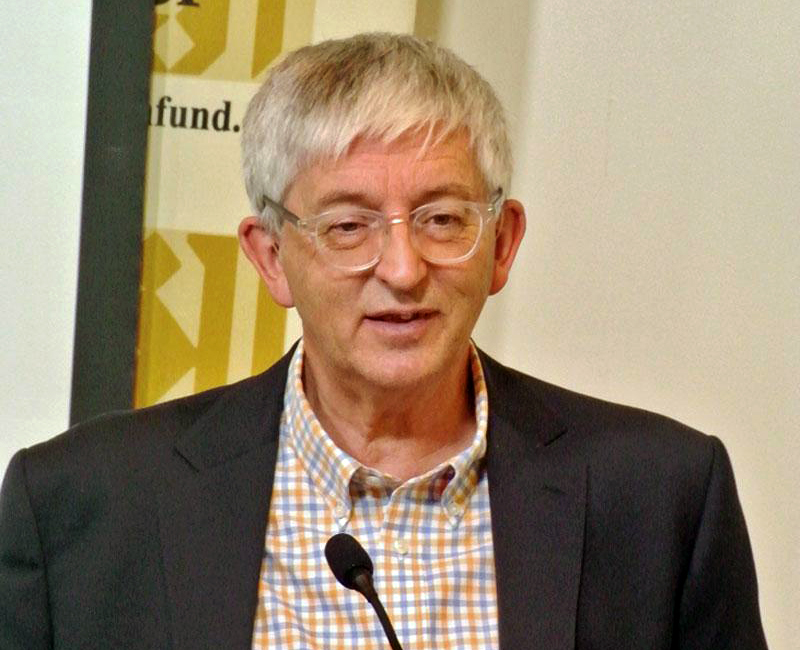 Delinda Hanley has written an article in the
Delinda Hanley has written an article in the  How do we nurture our souls in a secular world? Historically, Christians have responded in two very contrasting ways:
How do we nurture our souls in a secular world? Historically, Christians have responded in two very contrasting ways: